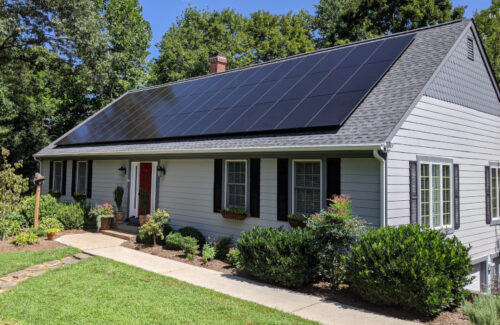The net metering policy is undergoing changes nationwide, and solar installation companies have reason to be concerned. California's NEM 3.0 significantly reduced export compensation rates, Hawaii shifted towards self-sufficiency, and states such as Arizona and West Virginia also significantly lowered net metering rates. Now Virginia has become a target of public criticism, with Appalachian Power Company (APCo) proposing to reduce net metering compensation by over 70%. Once implemented, these attacks on net metering will have a significant impact on the solar energy industry.
For small solar installation companies, this is a real threat - but there is also hope. By observing how markets such as California and Hawaii are responding to similar shifts, we can take proactive measures to protect our businesses and keep solar energy viable.
If your state is facing net measurement reform, then the reform is not over yet. Public utility companies often try to quietly push these policies, but public pressure may change the topic. Here are the methods you can use to counterattack:
Collaborating with non-profit and industry organizations such as SEIA, Sierra Club, Solar Neighbors, and local environmental organizations has extensive experience in policy struggles and can help garner support. Extend a helping hand, join or create alliances so that you can create a cohesive message to counter the myths propagated by utility companies.
Education taxpayers - ensure that customers understand the whole picture.
Engage with legislators - get state legislators to pay attention to these issues. Many people are not fully aware of the long-term benefits of distributed solar energy.
Encourage public testimony - public utilities rely on the lack of public opposition. Mobilize clients to submit opinions and attend hearings.
If policies are exposed, they may change. The public's support has reversed or eased the net measurement rollback in several states, so don't think this struggle has failed.



